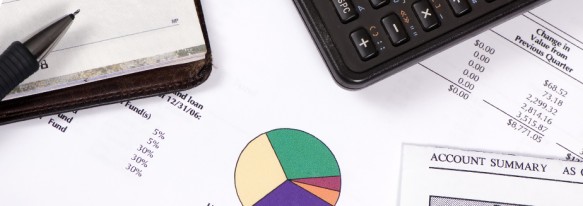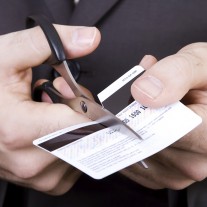


Credit History
Credit histories exist for both individuals and businesses of all sizes. It is basically a summary of all the money borrowed and repaid by the company or individual. This also includes cell phone and internet payments and other debts that have been sent to collections agencies. Information such as late payments and bankruptcy claims are also recorded. Therefore, it is important to always make your payments on time to ensure that you maintain a good credit history. Credit transactions and loans will typically stay on your record for six years or longer. However, more serious records such as bankruptcies can stay on your record for at least fourteen years.
The most common way to build a credit history is by obtaining a credit card and making your monthly payments before the due date. If you are concerned about ruining your credit history, there are different options available. For example, you can apply for a secured credit card. This is a type of prepaid credit card where a deposit is required upfront. The credit limit will be equal to the deposit that was paid. This is a low risk way for individuals to build their credit history.
For the most part, credit reports are private and there are safeguards in place to protect your financial information. However, it is important to maintain a good credit history because this is what financial institutions will use to judge your credit worthiness if you apply for additional loans in the future. In some cases, an employer or landlord may ask for your permission to access your credit history.
Credit Reports

Credit rating methodologies can vary depending on the jurisdiction you reside in. However, in the United States, payment histories are the largest component on your credit report. This includes foreclosures, late payments and any outstanding fees that have been sent to a collections agency. The amount of debt an individual carries is also recorded on the credit history. This can include debt from credit cards or retail cards. Installment debt or debts that receive a fixed monthly payment are also recorded. An example of an installment debt includes car loans or student loans.
Credit history reports will usually include numbers or symbols that indicate whether payments were made on time for each month, if they were late (and if they were, the number of days past the due date) and repossession of assets.
Any of your open accounts will be listed on the credit report. In some cases, mortgage payments may also be recorded on the credit report.
Negative Credit
 A negative credit rating is very serious and could jeopardize your chances of obtaining loans in the future. Negative credit histories are commonly caused by payments that were missed for six months or longer. The credit history will also record any situations where your outstanding fees were sent to a collections agency. Bankruptcies and foreclosures will also be recorded on the credit history report, and will negatively affect your credit worthiness.
A negative credit rating is very serious and could jeopardize your chances of obtaining loans in the future. Negative credit histories are commonly caused by payments that were missed for six months or longer. The credit history will also record any situations where your outstanding fees were sent to a collections agency. Bankruptcies and foreclosures will also be recorded on the credit history report, and will negatively affect your credit worthiness.
If you have negative credit, it is important to repair it as soon as possible. Different steps that can be taken include paying your bills in full before the payment due date. This includes any bills such as credit card, cable or internet. Paying it in full before the due date ensures that the company has received your payment before the deadline. If you are having trouble paying your bills, it is also wise to minimize your credit applications and open accounts. Having multiple credit cards can make it harder to meet the minimum payments which can reflect badly on your credit worthiness.
Conclusion
It is important to monitor your credit history so that you are not caught off guard when you need to apply for a loan. Since every bill you pay is recorded, it is important to minimize your open accounts and pay your bills on time. Negative credit reports will reflect very poorly on your credit worthiness, making it difficult to obtain future loans.












